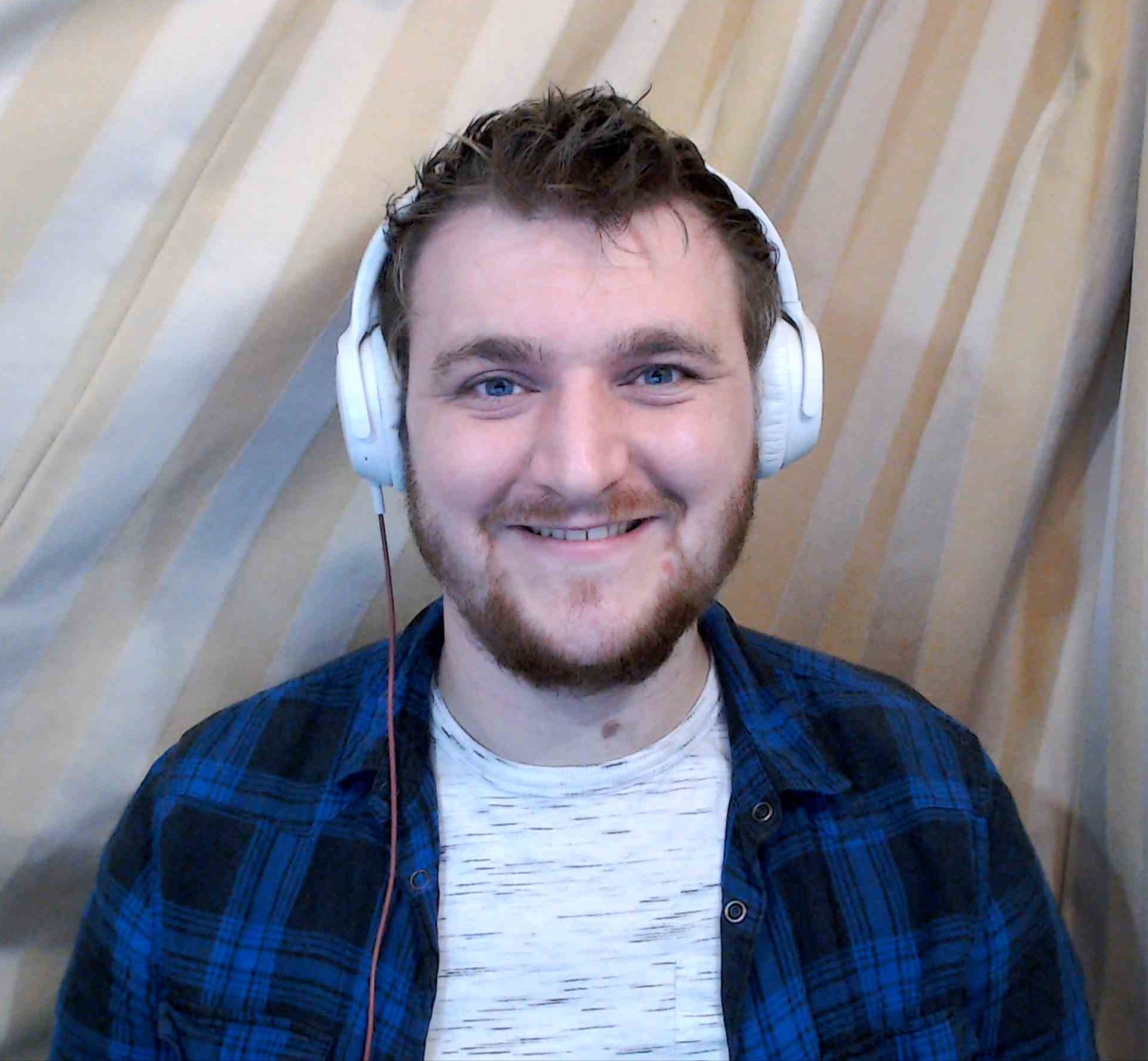Exploring Models and Theories of Spatial Skills in CS through a Multi-National Study
Abstract
References
Index Terms
- Exploring Models and Theories of Spatial Skills in CS through a Multi-National Study
Recommendations
The Effect of a Spatial Skills Training Course in Introductory Computing
ITiCSE '20: Proceedings of the 2020 ACM Conference on Innovation and Technology in Computer Science EducationSpatial skills have been associated with STEM success for decades. Research has shown that training spatial skills can have a positive impact on outcomes in STEM domains such as engineering, mathematics and physics; however -- despite some promising ...
Spatial Skills and Demographic Factors in CS1
Koli Calling '21: Proceedings of the 21st Koli Calling International Conference on Computing Education ResearchMotivation Prior studies have established that training spatial skills may improve outcomes in computing courses. Very few of these studies have, however, explored the impact of spatial skills training on women or examined its relationship with other ...
What does Space look like in CS? Mapping out the Relationship between Spatial Skills and CS Aptitude
ICER '22: Proceedings of the 2022 ACM Conference on International Computing Education Research - Volume 2Spatial skills are cognitive skills relating to the mental consolidation of spatial structures and operations. Rotating shapes in one’s head, identifying patterns from obscured environments and parsing 3D structures from 2D representations are some ...
Comments
Information & Contributors
Information
Published In

Publisher
Association for Computing Machinery
New York, NY, United States
Publication History
Check for updates
Author Tags
Qualifiers
- Research-article
- Research
- Refereed limited
Conference
Acceptance Rates
Contributors
Other Metrics
Bibliometrics & Citations
Bibliometrics
Article Metrics
- 0Total Citations
- 50Total Downloads
- Downloads (Last 12 months)37
- Downloads (Last 6 weeks)0
Other Metrics
Citations
View Options
Get Access
Login options
Check if you have access through your login credentials or your institution to get full access on this article.
Sign inFull Access
View options
View or Download as a PDF file.
PDFeReader
View online with eReader.
eReaderHTML Format
View this article in HTML Format.
HTML Format
